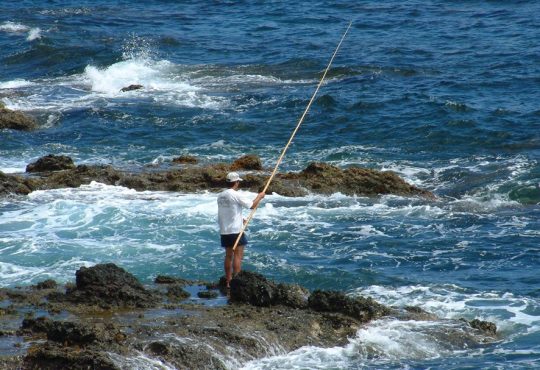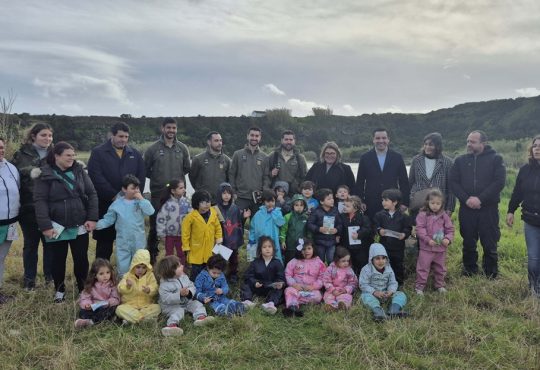EUROPE | Parliament adopts new carbon sinks goal that increases EU 2030 climate ambition

Parliament today adopted with 479 votes to 97 and 43 abstentions the revision of the regulation on the land use, land use change and forestry sector (LULUCF) which seeks to improve natural carbon sinks to make the EU the first climate-neutral continent by 2050 and improve biodiversity in line with the European Green Deal.
The EU 2030 target for net greenhouse gas (GHG) removals in the land, land use change and forestry sector will be set at 310 million tonnes CO2 equivalent, which is around 15% more than today. This new EU target should reduce the EU’s GHGs in 2030 further from 55% to around 57% compared to 1990-levels.
All EU member states will have nationally binding 2030 targets for removals and emissions from LULUCF based on recent levels of removals and potential for further removals. The current rules will apply until 2025, under which EU countries will have to ensure that emissions in the LULUCF sector do not exceed the amount that has been removed. From 2026, EU countries will have a four-year budget for 2026-2029 instead of binding annual targets.
Member states can purchase or sell removal credits between LULUCF and the Effort Sharing Regulation to reach their targets. A mechanism will also ensure that member states receive compensation if natural disasters, such as forest fires, occur.
Monitoring, reporting and verification of emissions and removals will be improved, including by using more geographical data and remote sensing, so that EU countries’ progress towards achieving their targets can be followed more accurately.
EU countries will be obliged to take corrective action if progress towards their target is not sufficient. There will also be a penalty for non-compliance: 108% of the GHG above their 2026-2029 GHG budget will be added to their 2030 target. To ensure that the EU target is met, the Commission will submit a progress report no later than six months after the first global stocktake agreed under the Paris Agreement. If appropriate, the Commission shall follow up with legislative proposals.
After the vote, rapporteur, Ville Niinistö (Greens/EFA, FI), said: “The EU’s sinks have been decreasing for the last decade. This law will ensure that the land sector will do its part in tackling the climate crisis as we now have a more ambitious target and safeguards such as better data and stricter reporting requirements, more transparency as well as a review by 2025. For the first time, this legislation considers biodiversity and the climate crisis jointly and member states will also need to take into account the do-no-significant-harm principle.”
The text still also has to be formally endorsed by Council. It will then be published in the EU Official Journal and enter into force 20 days later.
The revision of LULUCF rules is part of the “Fit for 55 in 2030 package”, which is the EU’s plan to reduce greenhouse gas emissions by at least 55% by 2030 compared to 1990 levels in line with the European Climate Law.








